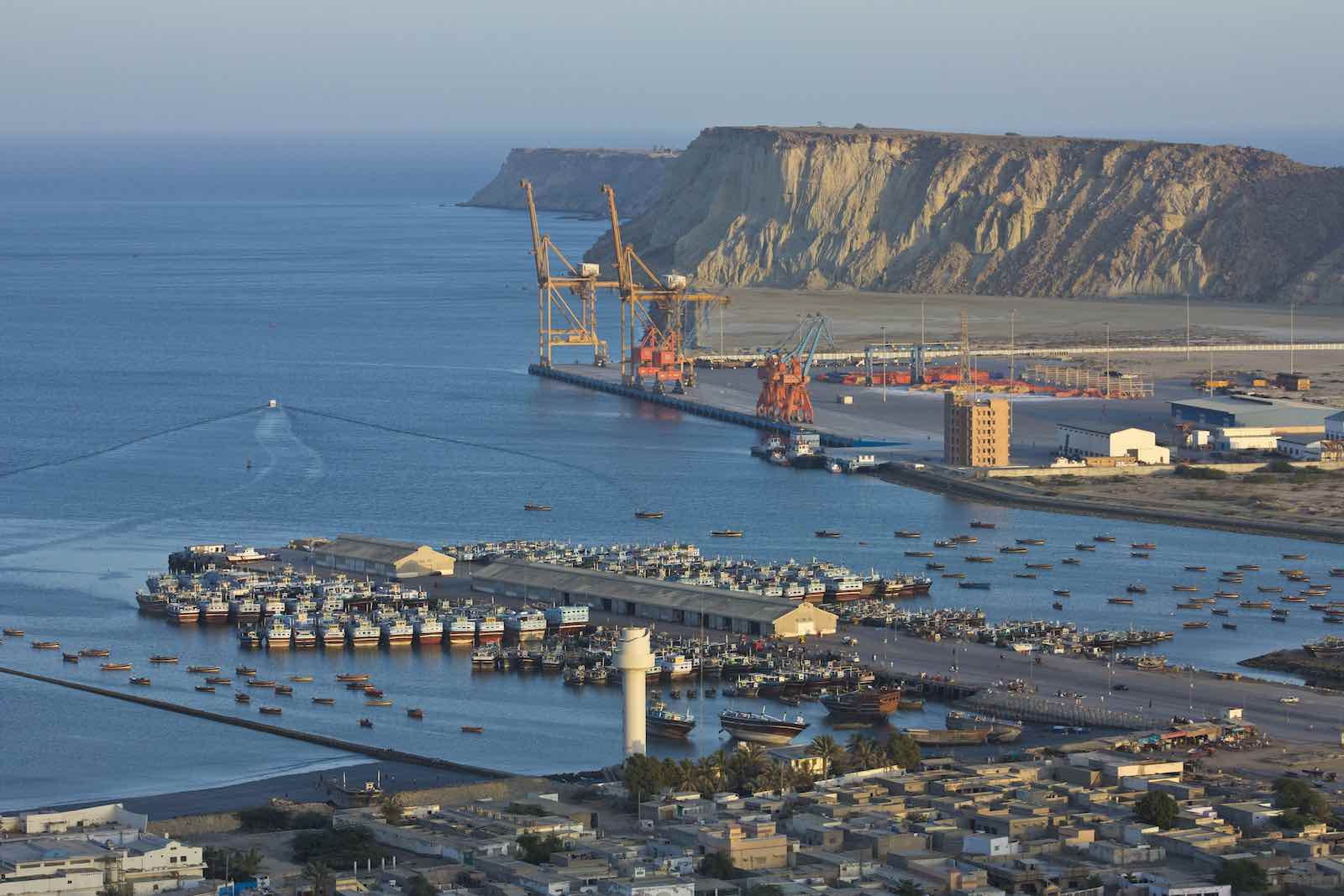Chairman CPEC Authority Asim Saleem ajwa has said that the Gawadar Port has been good to go and its first phased is completed.
Chairman of China Pakistan Economic Corridor (CPEC) Authority Lt. General (retd) Asim Saleem Bajwa has said that Gwadar port has been made fully operational and now online booking for delivery of goods can be made.
#Gawadar Port Fully Functional : Lt. Gen. (R) Asim Saleem pic.twitter.com/FgF7NeapAu
— arif lodhi (@arifjamallodhi) May 31, 2021
Speaking at the Gawadar seaport, Bajwa said that an Australian ship with 24 thousand tons goods has arrived here with Afghan Transit Trade cargoes, which is a landmark work for the port.
He also said that Gawadar Free Trade Zone is a 60 thousand acre land area industrial zone which would be a land mark for the future growth of the country. He said that fast track work is on for the project’s early completion.
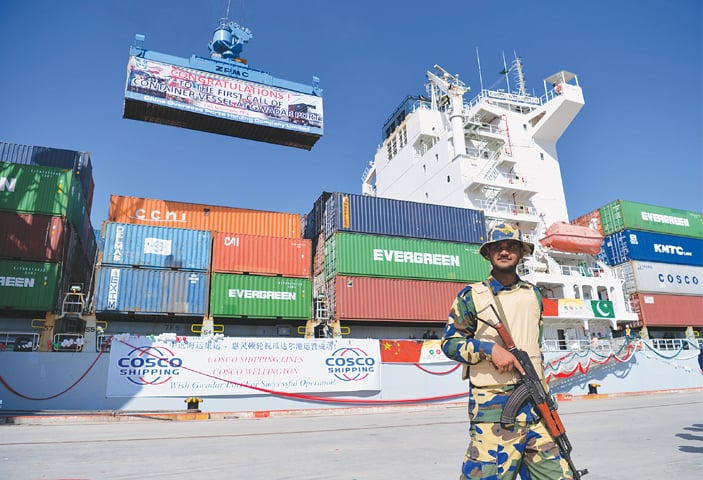
Gen Asim Saleem Bajwa said that the 4 berths of the Gawadar port are now completely operational. After its completion the second phase of the port is now the focus of the Authority’s future agenda.
Bajwa also hinted that around 12 thousand job would be created in next three years, that would be beneficial for the unemployed labor class of the nation.
Addressing a news conference in Gwadar, Chairman CPEC Authority informed the media persons that the work on Phase-II of Gwadar Free Zone is underway and other projects connected to Gwadar Port have also been expedited in last two and a half years.
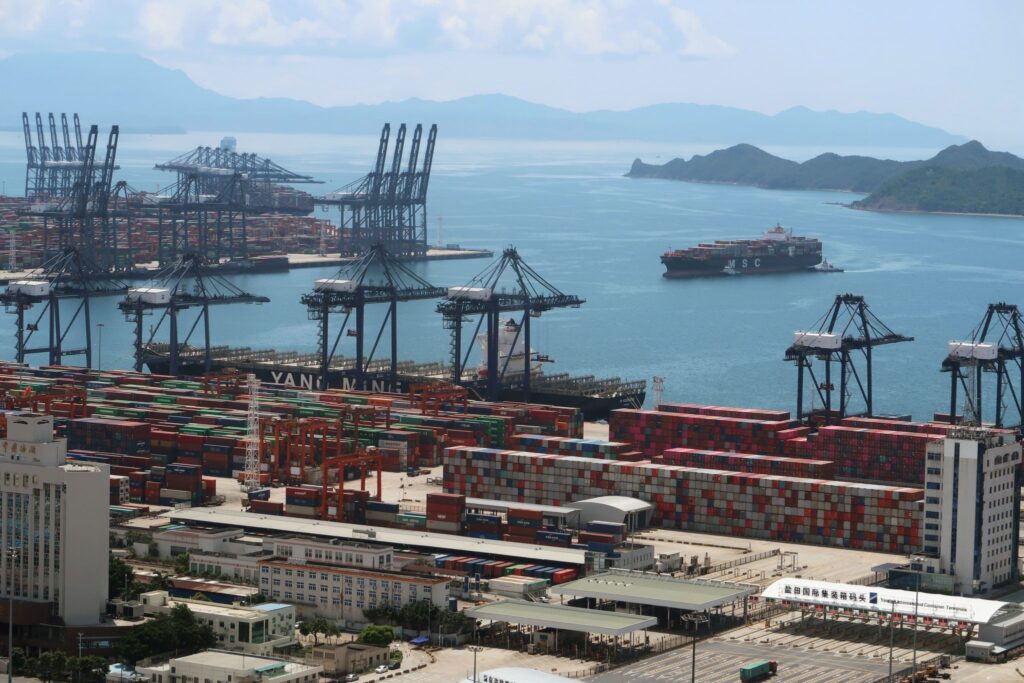
Asim Saleem Bajwa further Gwadar City Master Plan has been approved and a hospital is also being built in Gwadar with the help of China.
He further said that work on Gwadar Airport is also in full swing and about 12,000 jobs have been provided in Gwadar during the last 3 years.
Gwadar is located on the shores of the Arabian Sea in the western province of Balochistan. It is about 533 km from Karachi and 120 km from the Iranian border. Gwadar Port is located at the mouth of the Persian Gulf, just outside the Straits of Hormuz, near the key shipping routes in and out of the Persian Gulf.
Previously, Pakistan had two main operating international deep-sea ports: Karachi Port and Port Qasim. During the coming years, their capacity expansion programs are unlikely to keep pace with the expected growth in demand, resulting in a need for a third port to fill the gap.
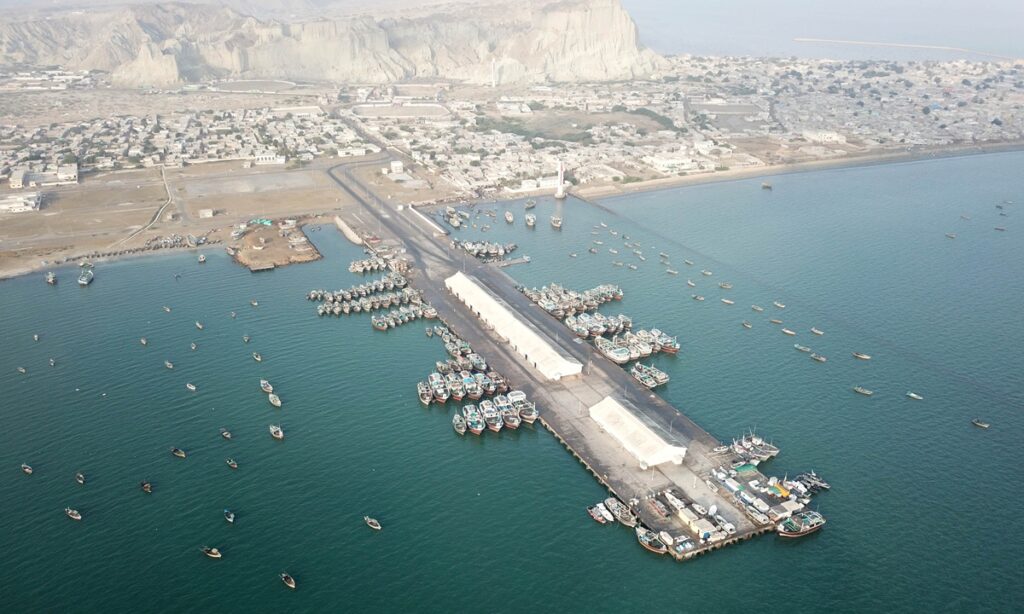
In particular, Karachi Port had significant physical limitations and will not be able to grow at the same speed as the national growth in demand over the coming decades. These limitations resulted mainly from its location, which is within the city of Karachi itself, which has seen very rapid growth over the past years.
In the case of Port Qasim, although having a large physical space for expansion, its possible speed of development is hampered by its up-stream location, which is more than 40 km from the open sea, resulting in long turnaround times for visiting ships. This is not a problem for cargoes that are linked to industries located near the port, but it carries cost-disadvantages for cargoes that have origins and destinations elsewhere.
Against this background, it was deemed timely to construct and inaugurate a third deep-sea port for Pakistan so as to ensure that national development is not hampered by a lack of national port capacity in the future. Given the expected rapid growth in demand for port capacity, it is likewise important to continue expanding the capacity of Gwadar port over the coming decades.
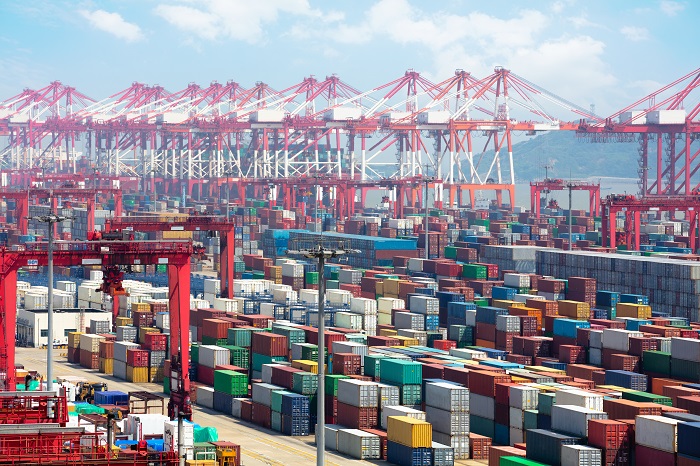
China is a major investor in Gwadar, and has spent $248 million in the first phase of Gwadar port.
In 2015, it was announced that the city and port would be further developed under CPEC at a cost of $1.62 billion, with the aim of linking northern Pakistan and western China to the deep water seaport. Construction began in June 2016 on the Gwadar Special Economic Zone, which is being built on 2,292-acre site adjacent to Gwadar’s port. In late 2015, the port was officially leased to China for 43 years, until 2059.
Gwadar Port became formally operational on 14 November 2016, when it was inaugurated by Pakistan’s Prime Minister Muhammad Nawaz Sharif; the first convoy was seen off by the then Pakistan’s Chief of Army Staff, General Raheel Sharif. On 14 January 2020, Pakistan operationalized Gwadar Port for Afghan transit trade.


